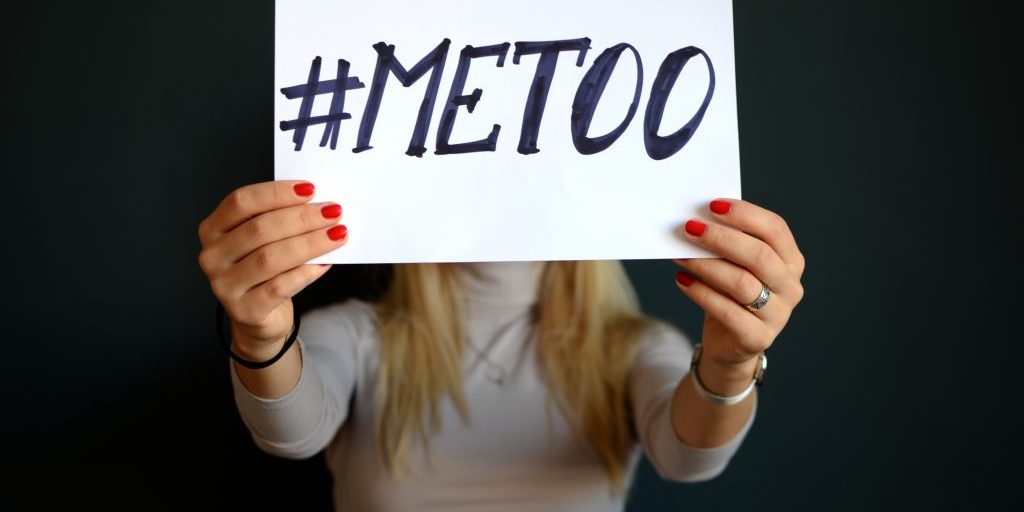Exposing Sexual Harassment of Men in Power
BY Amanda Westrich

LISTEN
Consider the following familiar timeline of events: a news outlet published explosive accounts from women accusing a man in power of sexual misconduct; the man in power released a statement regarding the accusations; the man in power left his position.
It is the #MeToo movement in action, and Eric Schneiderman, the now-former New York State attorney general is the latest subject.
Four women alleged Schneiderman assaulted them during the course of their romantic relationships. Swiftly after, The New Yorker published the allegations in its story on May 7, Schneiderman released a statement denying he abused anyone. Then, he resigned from his position as the top-ranking law enforcement officer in the state, a job the Democrat had held since 2011.
“In the last several hours, serious allegations, which I strongly contest, have been made against me. While these allegations are unrelated to my professional conduct or the operations of the office, they will effectively prevent me from leading the office's work at this critical time,” Schneiderman said.
Echoing the aim of the #MeToo movement in giving survivors of sexual abuse a voice and letting others know they are not alone, the women accusing Schneiderman said protecting other potential victims encouraged them to speak up.
That sentiment has been shared by other women who previously alleged they experienced sexual harassment from male bosses, politicians, celebrities and others.
According to Betsy Havens, executive director of Los Angeles employment law firm Strong Advocates, “The #MeToo movement has helped people suffering from sexual harassment or assault to realize that they are not alone, and they do not have to keep quiet.”
Havens added, “We are starting to see an exciting change in our culture from a time when sexual harassment victims were shamed and blamed to now when sexual harassment victims are more likely to be acknowledged and their bravery celebrated. As a result, more people are feeling inspired to come forward to share their story and/or take legal action.”
In October, The New York Times published a report about film mogul Harvey Weinstein that cited multiple accounts from women alleging he had raped or sexually harassed them over the course of his decades-long career. Shortly after the news broke, Weinstein was fired and effectively pushed out of Hollywood.
The following month, The Washington Post detailed Alabama Republican U.S. Senate nominee Roy Moore’s alleged history of inappropriate behavior with underage girls. Moore lost the election.
Also in November, the “Today” show reported its own longtime co-host Matt Lauer had been fired after NBC received multiple allegations of Lauer engaging in sexual misconduct.
Other powerful men have been accused, from celebrity chef Mario Batali to USA Gymnastics national team doctor Larry Nassar. In Nassar’s case, he was convicted of multiple counts of sex-related crimes and sentenced to spend the rest of his life in prison.
Not all events follow the same script. Some men accept responsibility for their actions. Some men assert their innocence and decline to leave their positions. Some men are cleared of wrongdoing after further investigation.
Still, the reckoning does not seem to be ending anytime soon. Time magazine named the #MeToo movement its Person of the Year, anointing those who spoke out against the abuse they suffered as the “Silence Breakers.” Its editor-in-chief lauded their actions for having “unleashed one of the highest-velocity shifts in our culture since the 1960s.”
A recent national survey revealed 81 percent of women reported experiencing some form of sexual harassment and/or assault. The survey also found 27 percent of women polled had survived sexual assault. Just one in 10 women who experienced some form of sexual misconduct filed an official complaint to an authority figure, according to the report.
LATEST STORIES



